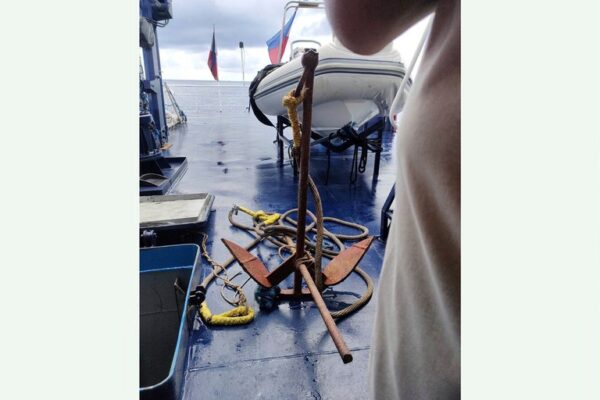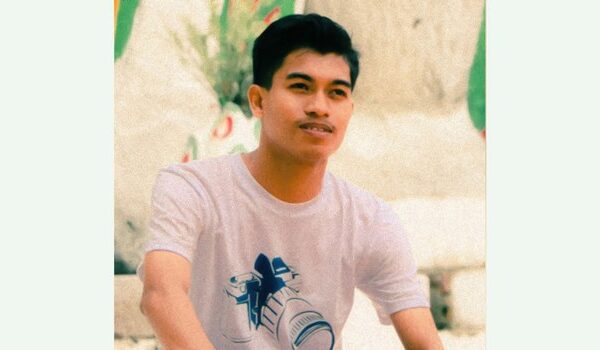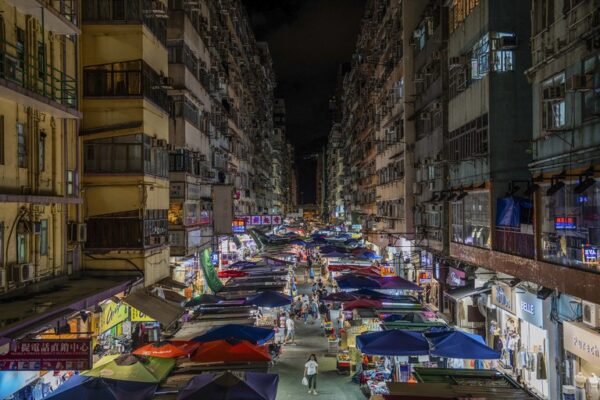A typical Friday evening in Mong Kok district comes to a hush before midnight. It is the new normal for a district once fused with the buzz and raw energy that was the essence of Hong Kong. Yet, it is the old vibe that Hong Kong officials are aspiring to recover. In mid-September, the government launched “Night Vibes Hong Kong,” involving night markets, food stalls, movie screenings and live music events over weekends. Over the past 12 months, it has rolled out campaigns including a six-month program to bring tourists back and also gone on global roadshows to win back investors. The effectiveness of the efforts remains elusive, despite Chief Executive John Lee’s vow to a year ago in his maiden policy speech to go all out to draw back talent and businesses to a city battered by a stringent zero-COVID policy and Beijing’s hardened grip. Tell the world the good stories of Hong Kong was the mantra, he quipped. As Lee prepares to make his second policy address this week, analysts say the good stories are few, and the issues that have eroded Hong Kong’s unique competitiveness continue to chip away. The city’s international financial center and economic hub positions are crumbling under the weight of Beijing’s tightened grip of the special administrative region where the “one country, two systems” principle is taking a new form under Chinese President Xi Jinping. “Hong Kong’s major indicators – freedom, rule of law, international financial center status, international standards of practices, property market, stock market, government’s financial reserves – are all on the decline, and it is a Hong Kong government problem,” points out Lew Mon-hung, a businessman and former Chinese People’s Political Consultative Conference committee member. ‘Promoting Marxism’ To be exact, it’s a problem stemming from Beijing, Lew says, because Hong Kong’s progress and fate are intricately tied to China’s continuous reforms as they have been the past four decades. That path, however, has been stymied by the shift in political climate in the mainland, and the Chinese National People’s Congress’s passing of the National Security Law in June 2020 – bypassing Hong Kong’s legislature – to quell months of anti-government protests. “In China now, they are promoting Marxism – having gotten into the philosophy of struggle, wolf warrior diplomacy,” which Lew says comes at the expense of economic and thought regressions. People walk through an outdoor market in Hong Kong’s Mong Kok area on Aug. 20, 2022. Credit: Bertha Wang/AFP These weighed on the “one country, two systems,” China’s constitutional principle to govern Hong Kong under a mini-constitution called the Basic Law, where the city is allowed freedom of assembly and speech, an independent judiciary and some democratic rights – except in the areas of diplomacy and defense. “Beijing reckons that Hong Kong only needs to play an economic role after its return to Chinese rule,” says Hong Kong current affairs commentator Johnny Lau Yui-siu. “But Hong Kong people’s view of the world is different from mainland China’s political awareness and consciousness. And Beijing wants Hong Kong to align.” Hong Kongers, he says, are outward-looking, used to international practices, free flow of information and speech, unlike their Chinese counterparts who are restricted by the boundaries that the Chinese Communist Party had set. As China stalls in its convergence towards international standards, Hong Kong became the by-product of that stagnation, Lau says. The numbers add up The numbers tell the same story. China’s exports fell 14.3% and 8.8% in July and August respectively, while Hong Kong’s fell 9.1% and 3.7%. The benchmark stock index has lost about 12% since the beginning of 2023 and Hong Kong’s property prices are forecast to fall 5% for the year, according to a commercial real estate services firm Cushman & Wakefield. The uncertainties that keep foreign investors guessing about where the political winds blow in China also reverberate in Hong Kong. China’s crackdown on industries such as the technology sector, as well as its more recent position to let an indebted property industry go into a free fall, have done little to assure investors. A pedestrian passes the Hong Kong Stock Exchange electronic screen in Hong Kong on July 21, 2023. Credit: Louise Delmotte/AP The latest annual survey by the American Chamber of Commerce in Shanghai published in September showed that the percentage of U.S. firms optimistic about their outlook on China over the next five years slid to 52%, the lowest level since the annual report was introduced in 1999. In Hong Kong, a member sentiment survey by the AmCham in Hong Kong released in March found that American businesses’ three biggest challenges are U.S.-China tensions, a weakening global economy and the overseas perception of Hong Kong, a factor that was previously absent. “If the HKSAR Govt can reassure international investors that the rule of law will prevail, and the NSL will not put their staff in jeopardy, it will go a long way. But it is at the moment delivering neither,” says Steve Tsang, director of the SOAS China Institute at SOAS University of London. Rebuilding reputation The chamber has urged Hong Kong chief Lee to provide “straightforward interpretations and applications” of the law in his upcoming policy speech. In its written submission in September to the public consultation for the policy address, the chamber wants Lee to reassure businesses that the law will be applied narrowly and be consistent with the principles of an independent judiciary. The ramifications of the national security law, which criminalizes any act of secession, subversion, terrorism and collusion with foreign or external forces, have never ceased since it was implemented. How the Hong Kong government has used the law to change the political and civic institutions in the city has alarmed a wide spectrum of the society. Opposition parties and media outlets were shuttered, while pro-democratic figures have either been arrested or have fled the city. An earlier post-COVID reopening by longtime rival Singapore didn’t help. Toeing Beijing’s stringent zero-COVID policy was a death knell for…






